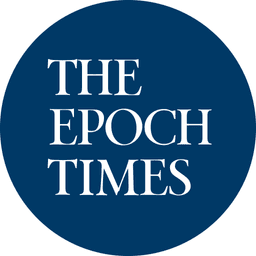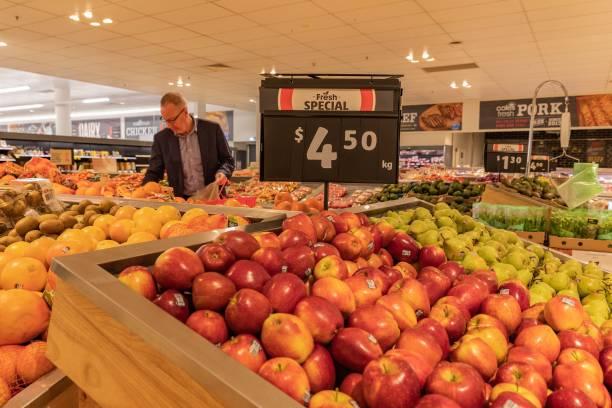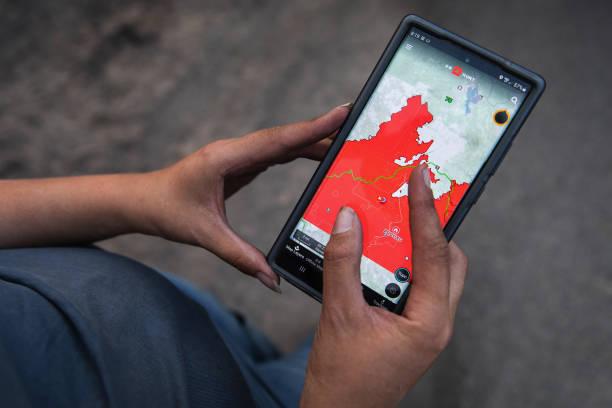The Australian National Dictionary Centre (ANDC) has named “iso,” an abbreviated Australian slang for self-isolation, as the Word of the Year.
The term is defined as “the act of remaining apart from others as a way to limit the spread of an infectious disease, especially as a public health measure,” and its usage has boomed in a year dominated by CCP (Chinese Communist Party) virus, or novel coronavirus.





